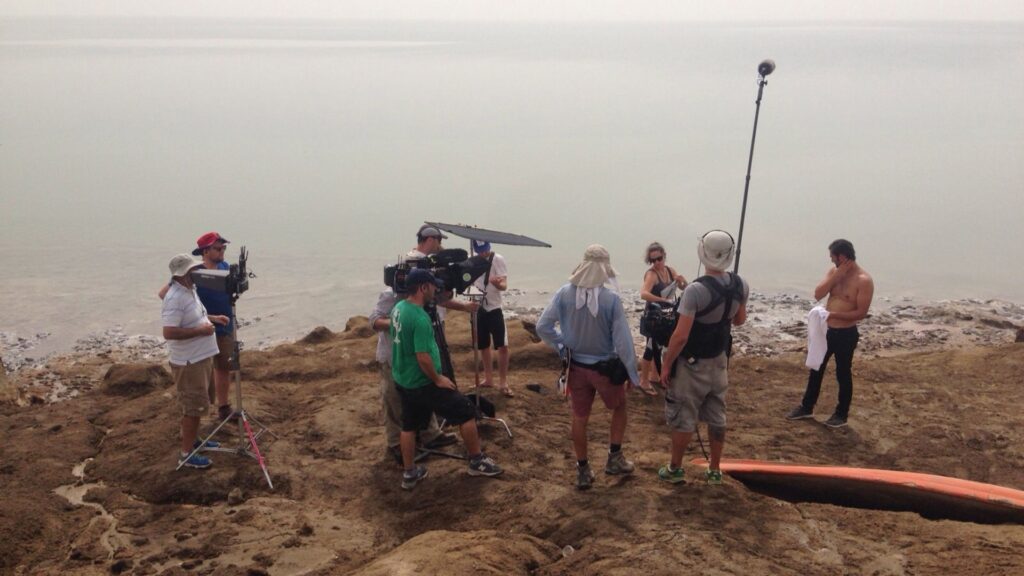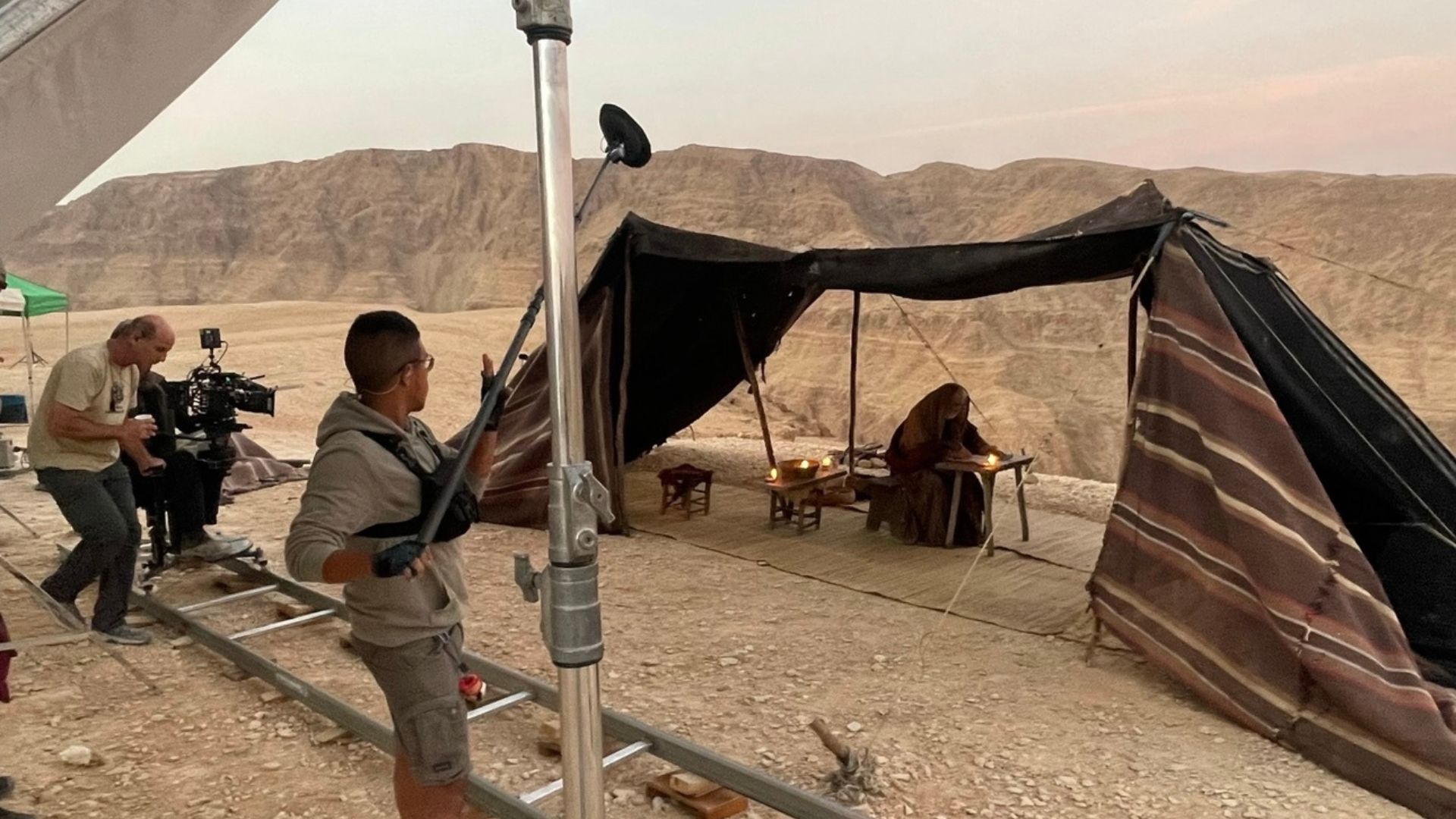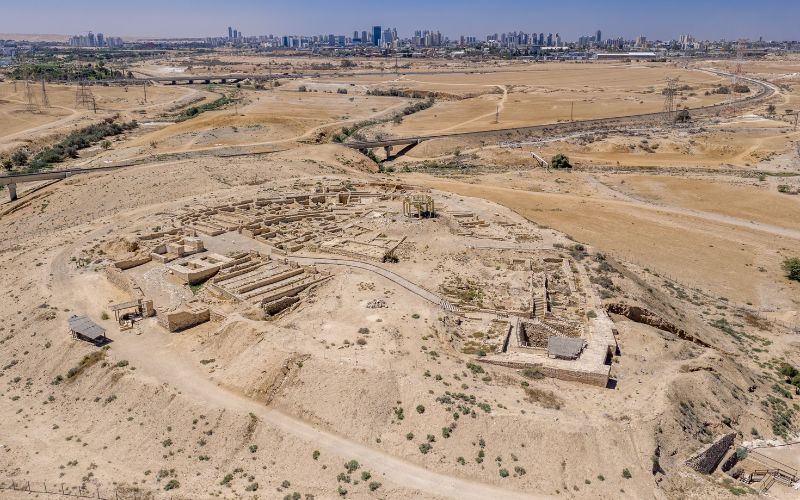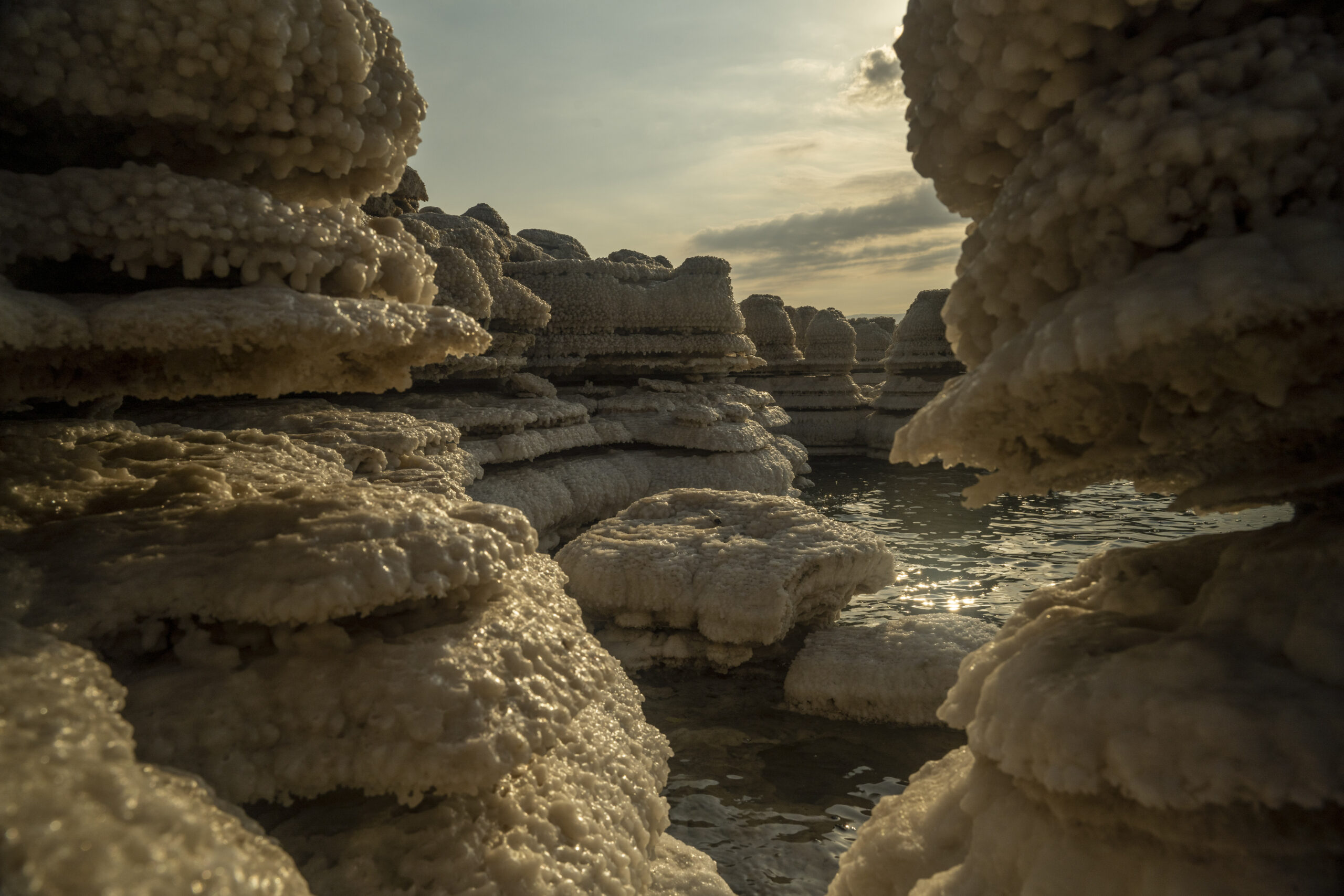Filming in the Holy Land is not like filming anywhere else. The region carries layers of meaning, historical, spiritual, and emotional that deeply impact every frame. For faith-based productions, the authenticity of filming in the actual locations where the biblical narrative unfolded can elevate a story in ways that no studio set or digital backdrop can replicate.
This guide walks you through the essential elements to consider before bringing your crew to the Holy Land.
Planning with Intention
Production begins long before the cameras roll. In Israel, scouting the right location involves more than visual appeal. You’ll need to understand the story you’re telling and how it interacts with the geography. Filming a wilderness scene? The Judean Desert or Negev may fit. A New Testament moment? Perhaps Nazareth, the Galilee, or Jerusalem.
Each site has its own pace, restrictions, and gatekeepers. From church authorities to municipal offices, you’ll be coordinating with layers of institutions. The earlier you start, the smoother the process will be.
Permits and Approvals
Filming in sacred or public spaces always requires permits. These vary depending on several factors:
- The location itself
- The level of religious significance
- The managing authority
For example:
- A church might be overseen by a local patriarch
- Some are managed by global denominations
- Others are shared by multiple custodians
Public areas such as city streets or archaeological parks may fall under the jurisdiction of local municipalities or the Ministry of Tourism.
The paperwork can be complex. Some locations need weeks of lead time and a detailed explanation of your scene. Others may request scripts in advance. That’s why local guidance is not a luxury, it’s a necessity.
Hiring the Right Local Crew
Israel has a robust film industry with experienced crews, many of whom are familiar with the unique demands of faith-based storytelling. Working with local teams allows you to benefit from their logistical knowledge, language skills, and established relationships with authorities.
More importantly, they understand the nuances of filming in a religious or culturally sensitive space. From costume assistants who know local expectations for modesty to production managers who’ve worked inside monasteries, the right people can make or break your schedule.

Fixers: Your Ground-Level Experts
A fixer is more than a translator. They are your liaison, navigator, and cultural advisor. The fixer handles permits, schedules meetings, scouts realistic routes for equipment transport, and alerts you to potential sensitivities you may not have considered.
Want to film inside a historic church at sunrise, or coordinate a quiet shoot during a religious procession? A local fixer will know whether it’s possible, whom to speak with, and how to do it respectfully.
Common Production Challenges and How to Navigate Them
Production in the Holy Land is often impacted by:
- Heat and weather: Summers can be intense, especially in desert areas. Plan hydration, shade, and early call times.
- Traffic and accessibility: Old cities weren’t designed for trucks. Plan for hand-carrying gear or using local transport.
- Religious holidays: Filming near holy sites during major holidays or Sabbath can lead to delays or restrictions.
Flexibility is essential. Build buffers into your schedule and work with people who know how to solve problems on the fly.
Costumes and Historical Accuracy
For faith-based or biblical films, wardrobe is not an afterthought. Getting historical clothing right helps ground the viewer in time and place. Israel offers access to local costume designers and rental houses that specialize in period clothing, from Roman tunics to desert cloaks.
If you are shipping costumes in, make sure to coordinate with customs in advance. Some items may require documentation. If you’re sourcing locally, work with suppliers who understand the aesthetic and materials appropriate for your time period.
Q&A: What Filmmakers Often Ask Before Shooting in the Holy Land
Do I need a permit for every scene?
Yes. Even short B-roll in public spaces often requires approval. Religious sites in particular are sensitive and will not allow filming without written permission.
Is it safe to film in the Old City of Jerusalem?
Generally, yes. But the situation can change quickly. It’s important to monitor news and have a fixer who understands local dynamics. Avoid filming during major religious events unless it’s part of the plan.
Can I bring my own crew from abroad?
Absolutely. But we recommend blending teams, bring key creatives and hire local crew for production roles. This ensures cultural fluency and helps with cost and coordination.
Are there restrictions on what scenes I can shoot?
Yes. Scenes involving nudity, violence near holy sites, or anything perceived as disrespectful will likely be rejected. Transparency is important – send script segments when requesting approval.
Work with the Team Behind HolyLandFilm
HolyLandFilm is operated by Biblical Productions, an experienced production company based in Tel Aviv. With decades of experience working on biblical and faith-driven projects, we know how to bring your story to life respectfully, efficiently, and with care for both the message and the medium.
We’ve assisted networks, independent filmmakers, and documentarians in navigating the landscape of the Holy Land. If your vision involves filming here, we’d be honored to help you realize it.




